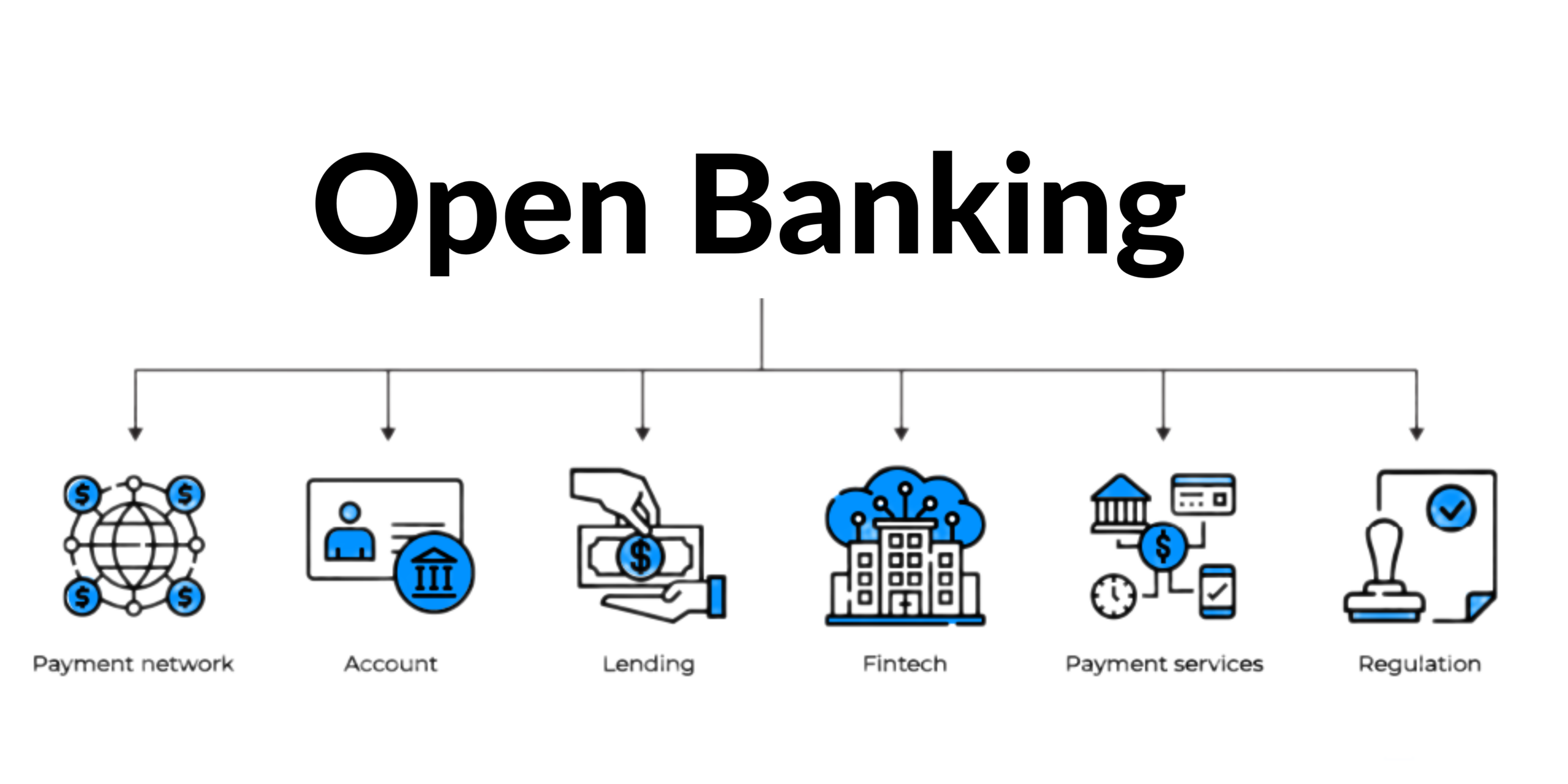Privacy concerns in an open banking ecosystem.
 Finance Freak
Finance Freak
Open banking will be the third-party access to a customer's banking data by financial service providers through APIs. This approach will encourage competition and innovation in the financial services sector, allow consumers to better control their financial data, and provide them with greater and better options for services. Although there are many benefits in open banking, a big issue about privacy concerns is what the stakeholders should tackle so that customer information will be safely and fully secured.
The primary issues of this open banking ecosystem regarding privacy lie in the risk that the data breaches pose. Since banks will share customer information with third-party service providers, there will be a high chance of data breaches. Cyberattacks on financial organizations are becoming more complex in nature; even the best-protected systems can be compromised. Account numbers, transaction histories, and personal identification details may be exposed in case of cyber breach through a successfully accomplished break-in. In addition to individual private exposure, this would also destroy general trust in the banking system. Consequentially, the need for robust security systems can be found in banks and every other financial service. Periodic audits should be conducted and the internal system monitored regularly so that no data involving customer information is compromised.
Another area related to privacy pertains to third-party providers of open banking. However, in general, such third-party providers should use data only for specified purposes although there is always a chance that the data may get misused for whatever other purposes serve their interests whether marketing or even perpetuating frauds. Therefore, consumers may not know exactly how their information is used and possibly lack informed consent. There is no clarity on data-sharing agreements and the practice thereof, causing customers to lose clarity of who would access their information and how it is being used. These issues are to be addressed using new regulatory frameworks that ensure third parties handle data strictly. Additionally, customers are to be well-informed about how their data will be treated.
Consumer Consent-Critical Dimensions for Privacy in Open Banking. While customers need to provide explicit consent before information about them is shared with other third parties, obtaining that consent also is commonly saturated with confusion and obscurity. Many consumers neither read the terms and conditions surrounding the sharing of data nor are they under enough pressure to agree to anything without knowing what this agreement entails. This might indirectly make people 'agree' with large-scale data sharing concerning which they might not be comfortable. Thus, open banking necessitates financial institutions to ensure transparent and, as ideal as it could be, consumer-friendly mechanisms that facilitate 'informed consent' on data usages while retaining consumer control over their information. Laws and regulations pertaining to open banking relating to data protection are evolving, and change which is useful for one side might pose an unnecessary burden to the other. In short, different regulations regarding data sharing and privacy vary between countries, and compliance is attained piecemeal. Such presents a challenge to the consistent practice of privacy by banks and third-party providers. Furthermore, differences in regulations leave it to the consumers to figure them out and risk exposure to privacy risks. Policymakers need to harmonize regulation and formulate clear policies that protect consumer privacy while promoting innovation within the financial sector.
The second advantage of open banking data portability is the ease with which customers can carry their financial information from one service provider to another. The drawback for this feature is that through transfer, data breaches are possible to take place in case the consumer changes provider. Consumers may also inadvertently disclose far more than is needed to harm themselves for other purposes, respecting their privacy. Counter to these are effective data transfer protocols to ensure that customer data is safe while moving from one provider to the next.
Data aggregation from several sources therefore leads to very comprehensive consumer profiling, and it becomes thus a question of surveillance and the degradation of personal privacy. Legitimate issues relate to intrusive profiling and targeting based on consumer behavior and preferences, as financial institutions and third-party providers amass great swaths of data for their purposes. This raises many threats to consumer autonomy as it places outside actors in control over people's decisions and ability to choose their financial lives.
Lastly, because the nature of technology and data analytics is constantly changing, privacy concerns in open banking will also continue to evolve. Such evolving financial institutions will be adopting more advanced technologies, such as artificial intelligence and machine learning. Analyzing and utilizing data collected will become increasingly complex, thus creating new risks that are not totally understood as yet for the end-users. The emerging challenges that stakeholders in the open banking ecosystem would need to work around include continuing dialogue and collaboration, as well as investment in various privacy-preserving technologies.
Subscribe to my newsletter
Read articles from Finance Freak directly inside your inbox. Subscribe to the newsletter, and don't miss out.
Written by
